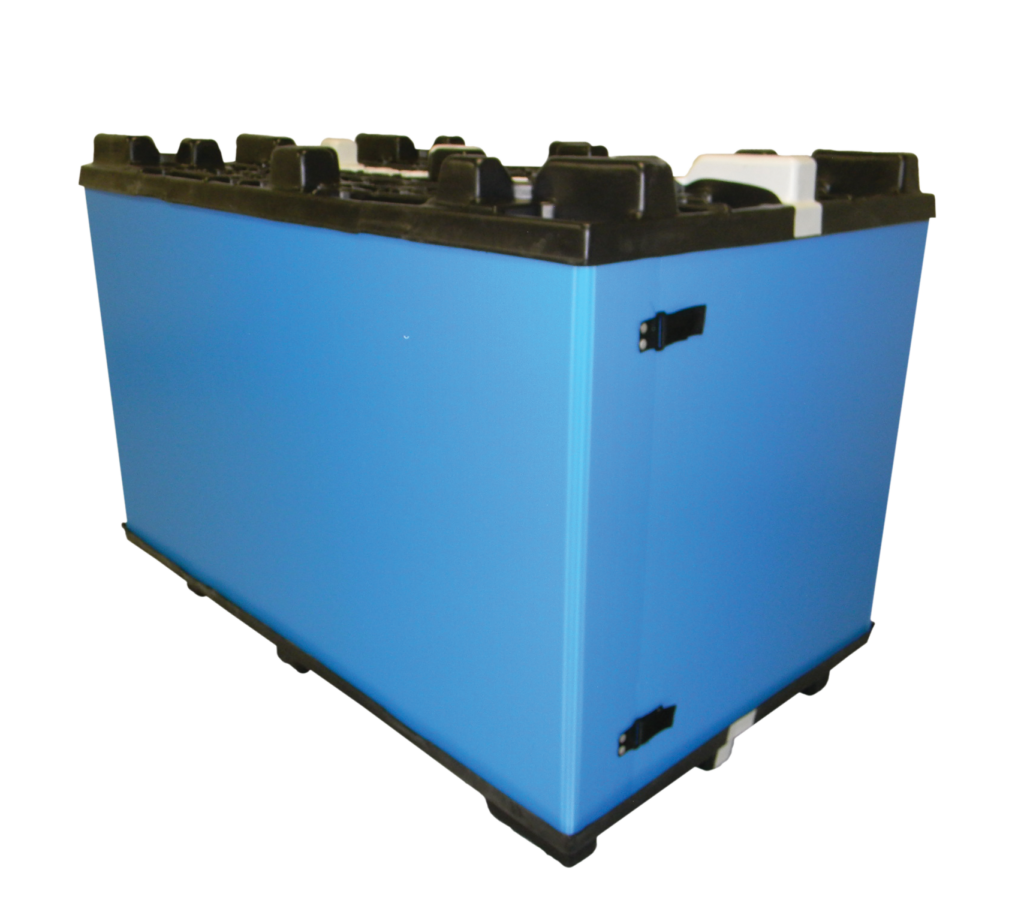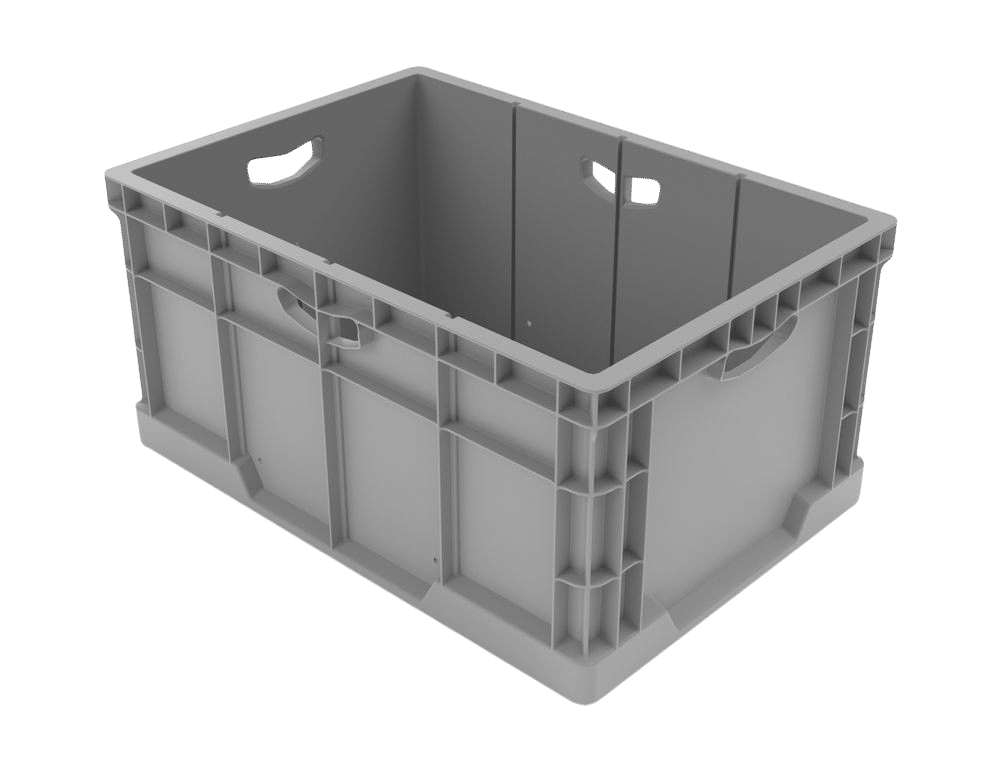Corrugated plastic has rapidly emerged as a powerful material for industrial packaging and material handling. With its blend of durability, reusability, and customization options, this innovative solution is reshaping how businesses protect and transport goods. Forward-thinking companies across automotive, electronics, healthcare, construction, military, pharmaceutical, and trade show industries seek to leverage the latest applications of corrugated plastic to meet rising demands for cost-efficiency, sustainability, and performance.
Market data and industry trends consistently point to a growing global demand for durable plastic solutions, underscoring the strategic value of advanced, reusable packaging systems in modern operations. This article explores how these solutions fit into modern supply chains, offers best practices for implementation, and examines emerging trends forming the future of packaging.
Understanding Corrugated Plastic Applications
One of the most significant strengths of corrugated plastic lies in its versatility. This adaptability makes it ideal for a broad scope of packaging challenges. Businesses can tailor corrugated plastic containers, trays, totes, and dunnage to product specifications to ensure safer handling and improved logistics. The growing adoption of these innovative packaging strategies reflects a concerted effort to meet ever-stricter regulatory, customer, and environmental demands.
Key Features of Corrugated Plastic
Corrugated plastic combines many of the structural benefits of traditional corrugated materials with the resilience of modern plastic polymers. Below are some notable attributes:
- Sturdy yet Lightweight: Corrugated plastic is strong enough to protect products in transit while keeping overall shipping weight low, thereby reducing transportation costs.
- Moisture and Chemical Resistance: Its plastic composition minimizes water, oil, and chemical absorption, making it suitable for sensitive goods.
- Easy to Clean and Reuse: A smooth, nonporous surface permits frequent washing, an important factor for industries with stringent hygiene requirements.
- Customizable Designs: Businesses can modify dimensions, thickness, and features such as handles or dividers to accommodate specific product needs.
Because of these properties, many organizations now recognize the long-term benefits that corrugated plastic can offer – especially when reuse and sustainability are central to their operations. Companies often employ dedicated corrugated plastic solutions that are designed and fabricated to align with a range of product dimensions and application needs.
This approach can reduce the need for multiple types of packaging and support efficient, standardized handling and storage practices.
Industry Perspective and Growing Demand
Corrugated plastic’s adaptability is proving valuable across multiple industries:
- Automotive and Electronics: Sensitive components—such as circuit boards, wiring harnesses, and automotive parts—benefit from precisely contoured, lightweight protective inserts.
- Medical and Pharmaceutical: Hygiene-focused facilities value containers that can be easily washed and reused to reduce contamination risks.
- Construction: Reusable bins constructed of corrugated plastic withstand heavy loads and harsh conditions on job sites.
- Trade Shows: Flexible and foldable crates provide durable yet lightweight transportation for displays and equipment.
Each segment illustrates how corrugated plastic can streamline operations by reducing damage, enhancing productivity, and supporting more consistent workflows. Reusability additionally curbs waste by lessening the dependence on disposable packaging.
Sustainability and Future Trends
As organizations set increasingly ambitious environmental policies, packaging solutions must keep pace. Recent legislative and market trends emphasize sustainable practices – from initiatives aimed at reducing single-use plastics to industry investment in recycled and renewable materials. As a result, corrugated plastic packaging is expected to continue gaining visibility in supply chain strategies, and businesses will likely see a range of eco-conscious trends emerge:
- Reusable, recyclable packaging is expected to gain even more emphasis as companies look to reduce waste and support sustainability initiatives.
- New recycling partnerships and programs may emerge that reward companies for adopting robust, reusable container systems.
- Advances in material formulations, including bioplastics and recycled blends, could help reduce the overall ecological footprint of plastic-based products.
- Growing regulatory emphasis on reducing single-use plastics may further encourage the adoption of more sustainable alternatives, including corrugated plastic solutions.
While these projected trends are grounded in broader sustainability efforts, the precise outcomes will depend on ongoing technological advancements and evolving policy environments. Moreover, recycling technologies continue to improve, and there is cautious optimism that such advancements may further expand the appeal of corrugated plastic as part of a closed-loop, circular packaging system.
Growth Potential and Eco-Conscious Practices
Looking forward, manufacturers can also expect certain general trends today and beyond, including the potential introduction of recycling programs that recognize robust container design and incremental improvements in material science aimed at reducing environmental impacts. In combination with evolving regulatory frameworks, these trends reinforce an industry-wide commitment to sustainability and operational efficiency.
Economic Advantages of Corrugated Plastic Solutions
The benefits of corrugated plastic are not just limited to environmental and regulatory compliance. Beyond these factors, corrugated plastic users can realize many operational efficiencies:


- Reduced Material Costs: Durable corrugated plastic containers can be reused for years, minimizing replacement expenses.
- Lower Transportation Costs: Lightweight containers reduce shipping expenses and can be shipped flat when empty, reducing volume.
- Improved Productivity: Standardized container formats and optimized designs help streamline handling and storage operations.
- Enhanced Protection: Custom-fit containers keep products safe from damage during storage and transit, reducing costly delays or scrap.
- Simplified Supply Chains: Companies can reduce logistical complexity by using a single, reusable packaging solution throughout the supply chain.
- Brand Reinforcement: Corrugated plastic containers can be decorated with custom branding for a unified and professional look.
These benefits can quickly add up and deliver significant ROI. Moreover, the longer life cycle of corrugated plastic compared to disposable packaging helps boost overall sustainability performance while still providing a strong economic case.
5 Best Practices for Implementation
Since each industry has unique packaging challenges, corrugated plastic solutions must be tailored to work within specific operational contexts. Experts recommend several key steps:
- Conduct a Needs Assessment: Identify products that require special protection and evaluate existing packaging shortcomings.
- Collaborate on Customized Designs: Work with experienced packaging engineers to create solutions optimized for product shape, weight distribution, and handling.
- Test and Refine: Pilot solutions in real-world settings, solicit feedback, and adjust designs to maximize performance.
- Train Staff Thoroughly: Ensure employees understand proper cleaning, handling, and storage techniques to preserve container longevity.
- Scale Gradually: Expand implementation as initial pilots meet defined performance metrics and deliver tangible cost and sustainability benefits.
Additional services such as flexible program options or repair and leasing services may further ease adoption without requiring large initial investments.
Corrugated Plastic Applications and Innovative Trends
As material handling continues to evolve, companies are discovering new ways to incorporate corrugated plastic into production and distribution channels. Recent trends include:
- Automated Storage Integration: Bins designed to work with robotic warehousing systems can optimize pick-and-place operations.
- Digital Tracking Technologies: Embedding RFID or similar tags within plastic containers helps improve inventory management and security.
- Sector-Specific Customizations: From foam inserts in medical settings to precision dividers in electronics packaging, tailored solutions continue to emerge.
Embracing such innovative solutions strengthens operational proficiency while reinforcing commitments to sustainability and resource efficiency.
Maintaining Corrugated Plastic Solutions
Companies looking to adopt or expand the use of corrugated plastic should consider the following:
- Regular Inspections: Monitor containers for wear and damage to identify needed maintenance or replacements promptly.
- Establish a Consistent Cleaning Regimen: Routine cleaning preserves container integrity and prevents cross-contamination.
- Leverage Custom Branding: Use container design to reinforce brand identity without sacrificing durability.
- Plan End-of-Life Strategies: Work with local recycling authorities to ensure an environmentally responsible disposal or repurposing plan for when containers eventually reach the end of their service life.
These practical measures help ensure that corrugated plastic remains a resilient, cost-effective, and eco-friendly packaging solution well into the future.
Universal Package: Your Partner for Corrugated Plastic Packaging Solutions
Universal Package has been a trusted partner to businesses looking for innovative packaging solutions since 2002. From design and prototyping to production and repair, our team leverages decades of experience and advanced technologies to deliver corrugated plastic containers that meet your unique needs.
With a focus on sustainability and operational efficiency, we help companies navigate the complex landscape of modern packaging. Our commitment to exceptional service and quality products has earned us recognition as an industry leader and a go-to resource for businesses across the supply chain.
Strategic Advantages of Corrugated Plastic: Future-Ready Packaging Solutions
Incorporating corrugated plastic into the supply chain can help businesses meet the growing demand for cost-effective, sustainable packaging solutions. By leveraging its unique properties, companies can optimize logistics, reduce damage and waste, and enhance brand identity. As the market continues to evolve, corrugated plastic is well-positioned to meet emerging trends and support innovative approaches to material handling.
By working with experienced partners such as Universal Package, companies can leverage the full benefits of corrugated plastic and drive efficiency, cost savings, and sustainability across their operations. Contact us today to learn more about how corrugated plastic can transform your packaging strategy.





